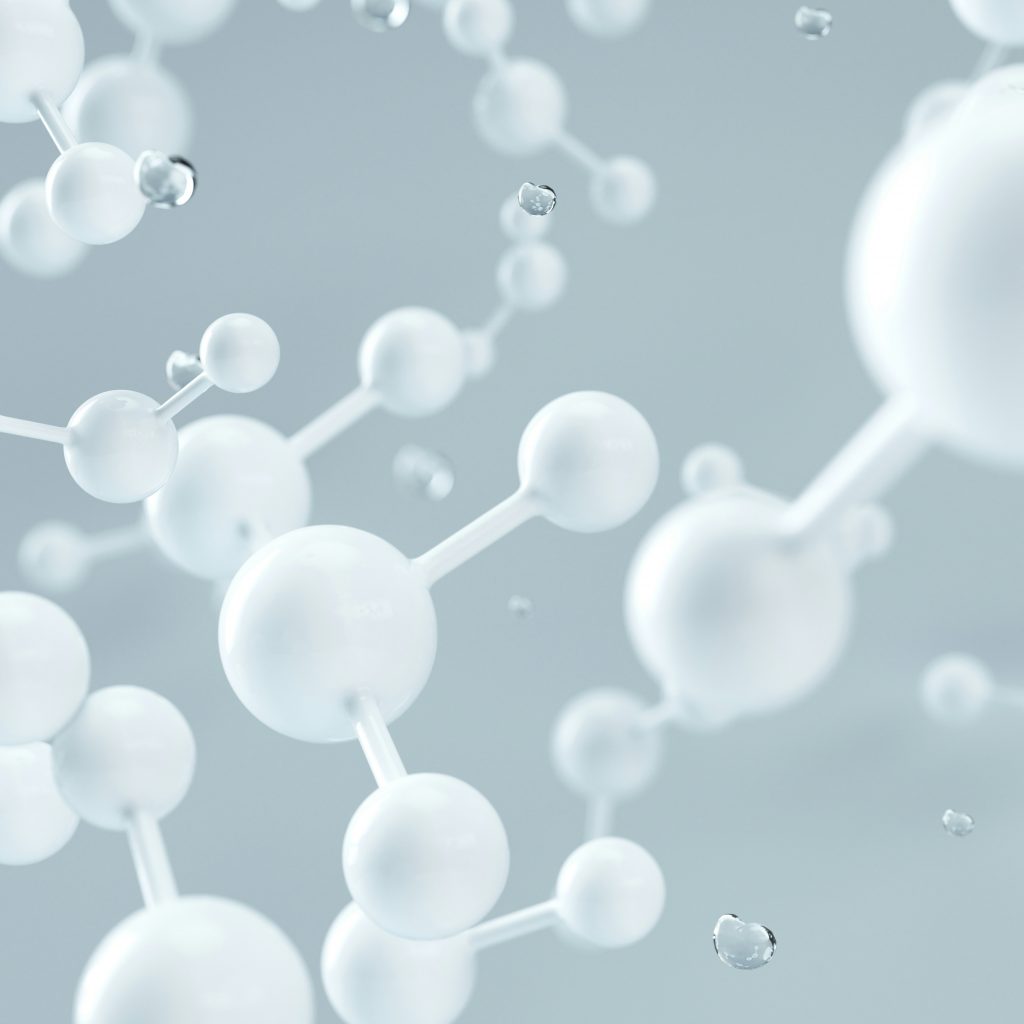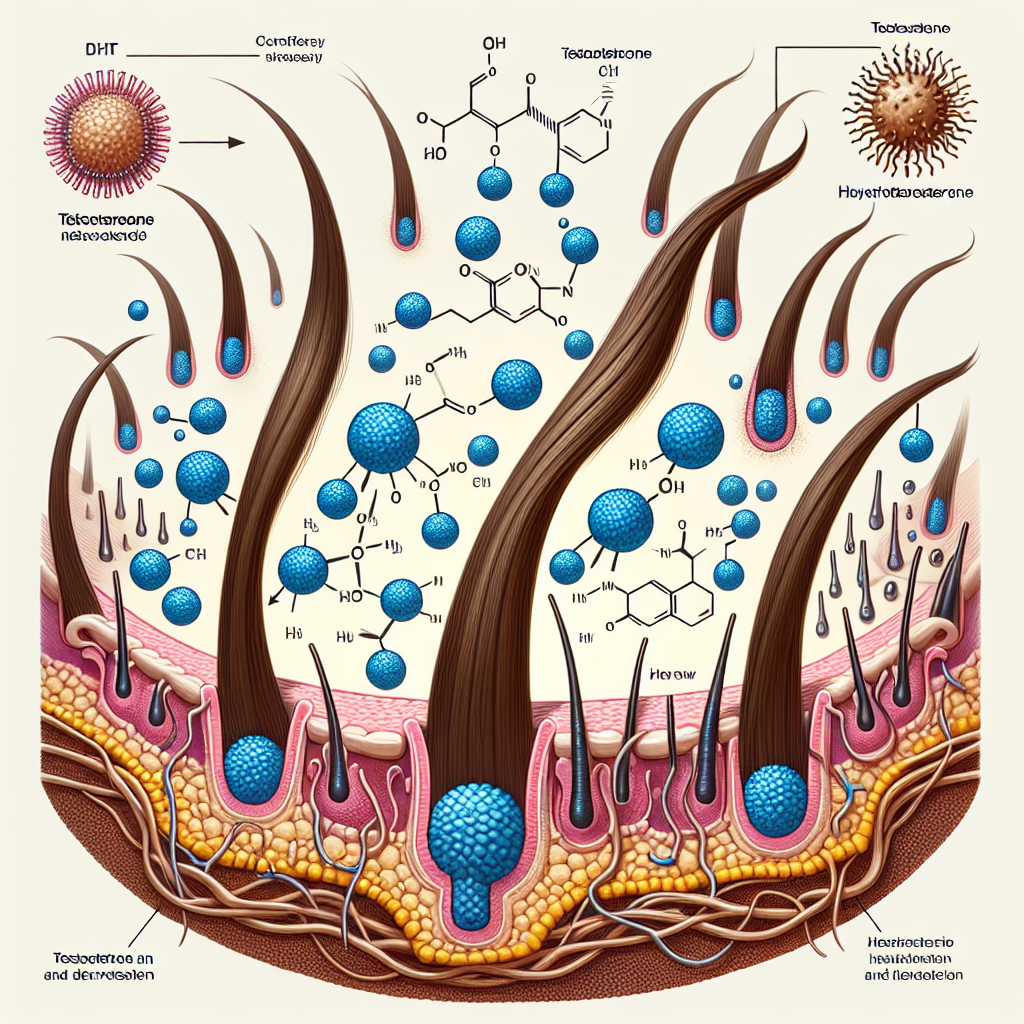
Men’s hair health is a complex interplay of genetics, hormones, and lifestyle factors. Among the myriad influences, the role of hormones, particularly testosterone and dihydrotestosterone (DHT), is crucial in understanding patterns of hair growth and hair loss. This article delves into the science behind these hormones and offers insights into how men can manage their effects to maintain healthy hair.
Testosterone: The Anabolic Powerhouse
Testosterone, the primary male sex hormone, plays a significant role in various bodily functions, including muscle growth, fat distribution, and, importantly, hair growth. It promotes hair growth in several areas of the body but has a complex relationship with the hair on your scalp.
DHT: A Double-Edged Sword for Hair
Dihydrotestosterone (DHT), a derivative of testosterone, is formed when the enzyme 5-alpha-reductase converts testosterone into DHT. While DHT is essential for forming male biological characteristics during puberty, such as a deeper voice and facial hair, it is also linked to male pattern baldness (androgenetic alopecia). DHT binds to receptors in hair follicles, particularly those on the scalp, and causes them to shrink, reducing hair production over time.
- Genetic Sensitivity: The sensitivity of hair follicles to DHT varies by individual and is largely determined by genetics.
- Concentration Levels: Higher levels of DHT may lead to increased hair loss, especially if genetically predisposed to male pattern baldness.
Nutritional Influences on Hormonal Health
A balanced diet plays a pivotal role in maintaining optimal hormonal balance and supporting hair health. Key nutrients include:
- Zinc: Helps regulate hormone levels, including testosterone. Found in meat, shellfish, and legumes.
- Vitamin D: Low levels are linked to hair loss, and it may help create new follicles. Sources include sunlight, fatty fish, and fortified foods.
- Omega-3 Fatty Acids: Found in fish oil and flaxseeds, they can enhance hair density and diameter.
Lifestyle Factors Affecting Hormonal Balance
Several lifestyle choices can impact hormonal balance and, consequently, hair health:
- Exercise: Regular physical activity can help maintain healthy levels of testosterone.
- Stress Management: Chronic stress can lead to imbalances in hormone levels, affecting hair growth.
- Sleep: Adequate sleep is crucial for the production and regulation of hormones.
Conclusion
The intricate relationship between hormones like testosterone and DHT with men’s hair health underscores the importance of a holistic approach to hair care. Understanding the hormonal influences can help in adopting a lifestyle that supports hormonal balance and healthy hair. Nutrition, regular exercise, stress management, and proper sleep are all critical factors that can mitigate the negative effects of DHT and promote a healthier scalp and hair. By focusing on these areas, men can better manage their hair health and potentially slow the progression of hair loss.
